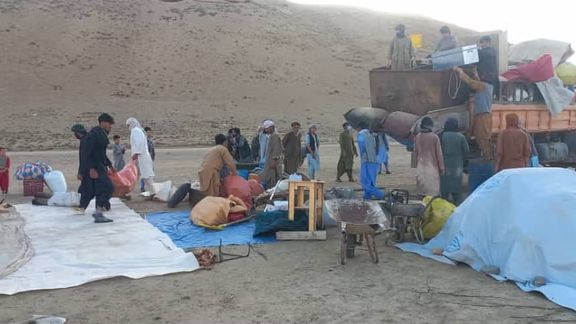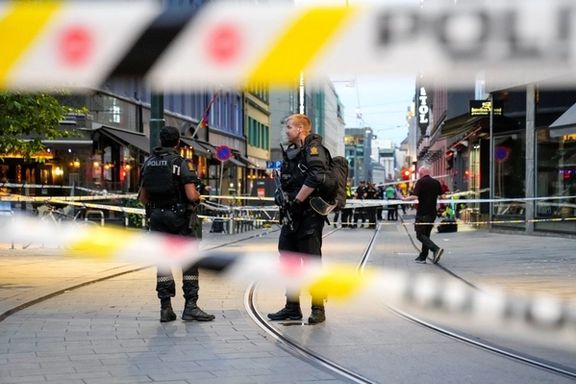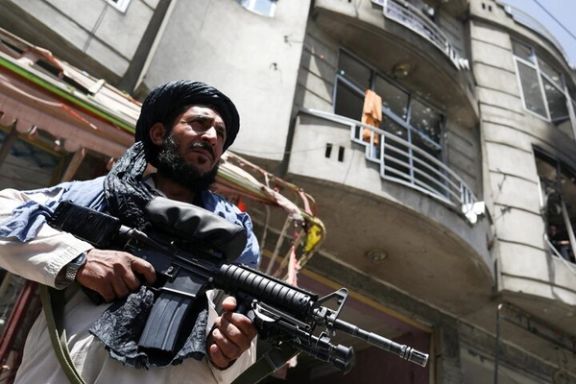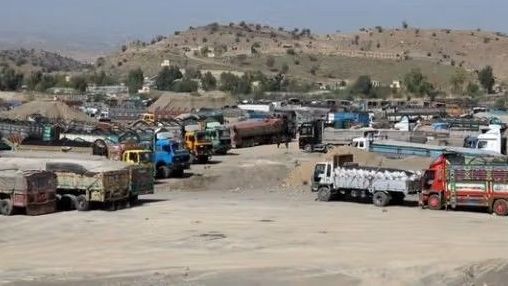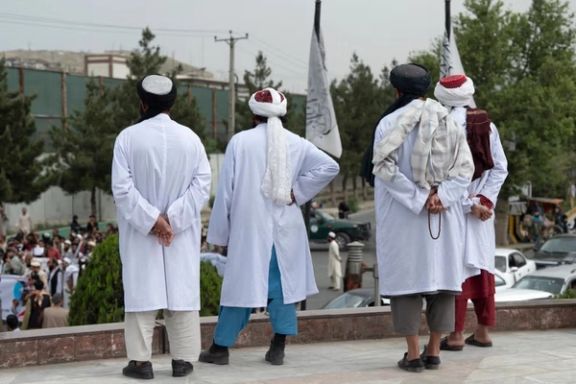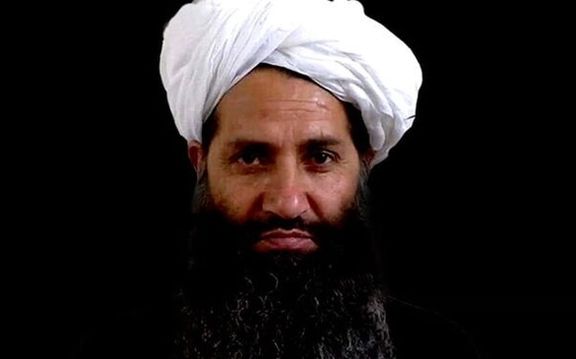In a new report to the UN Security Council, the panel of experts said several al-Qaeda-linked training camps are operating across Afghanistan, while the Islamic State–Khorasan Province (ISIS-K) remains “the most serious threat” to both the region and global security.
The report estimates ISIS-K has around 2,000 active fighters and continues to recruit from within and beyond Afghanistan’s borders. The group has reportedly run suicide training programmes for children under 14 and is training youths in religious schools, particularly in northern Afghanistan and near the Pakistani border.
The experts also detailed the ongoing presence of al-Qaeda, made up largely of Arab-origin fighters who fought alongside the Taliban in previous years. Al-Qaeda fighters are reportedly based in Helmand, Kandahar, Kunar, Uruzgan, and Zabul provinces. According to the report, three new training camps are now being used by both al-Qaeda and Tehreek-e-Taliban Pakistan (TTP) militants.
Foreign Fighters Transferred to Afghanistan
The UN report highlights growing concern over the transfer of extremist fighters from Syria to Afghanistan, including members of the Khatiba Imam al-Bukhari (KIB) and the Islamic Movement of Uzbekistan (IMU), both affiliated with al-Qaeda. These fighters have reportedly relocated to northern Afghanistan, raising fears of cross-border attacks.
In December 2024, a three-member delegation, including a representative of the East Turkestan Islamic Movement, is believed to have travelled from Damascus to Kabul for talks with Taliban officials about the relocation of foreign fighters.
The Taliban has consistently denied the presence of foreign terrorist groups in the country. However, the report suggests that the group is either unwilling or unable to prevent these groups from operating freely.
ISIS-K Recruitment and Funding
The report also reveals that ISIS-K has called on its Afghan-based fighters to travel to Syria to reinforce its ranks, with unconfirmed reports suggesting that a significant number have already departed.
Despite ongoing counterterrorism operations, ISIS-K is believed to remain financially stable. UN member states estimate the group holds reserves of approximately $10 million, with some funds invested in Middle Eastern real estate. It continues to receive external funding, reportedly from an office in Somalia, and engages in kidnappings for ransom, targeting Afghan businessmen.
TTP and Baloch Militants Operating in Southern Afghanistan
According to the report, the TTP, which maintains an estimated 6,000 fighters, enjoys strong logistical and operational support from the Taliban. However, there is said to be internal division within the Taliban leadership over continued ties with the group, as some officials push for distancing to improve regional relations.
The report also highlights coordination between the TTP and the Baloch Liberation Army (BLA), including its Majeed Brigade. One UN member state reported that the two groups share four training camps in southern Afghanistan — including Shah Wali Kot and Shorabak districts of Kandahar — where al-Qaeda provides both ideological indoctrination and weapons training.
Taliban Dismisses Allegations
Taliban officials continue to insist that ISIS-K has been neutralised and that no foreign terrorist groups are operating in the country. They have dismissed the UN findings as politically motivated propaganda.
However, the UN experts noted that while Taliban operations have weakened ISIS-K to some extent, the group continues to function with “relative impunity” and is actively exploiting dissatisfaction with Taliban governance.
The report calls on the international community to remain vigilant and urges continued monitoring of the evolving security situation in Afghanistan.
